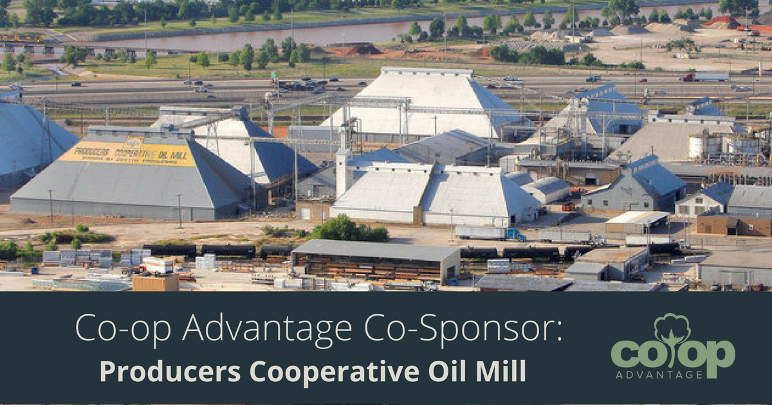
As one of the greatest economic contributors to West Texas, Eastern New Mexico, Oklahoma and Kansas; it’s fair to say cotton is king. And, while residents of these regions reap the benefits of economic growth – it’s on the backs of hard-working farmers to till the land and rely on Mother Nature each year to continue that growth – for the love of their careers and families as well as the contribution to our nation’s agricultural supply and demand.
So why did co-ops become a necessity? After all, farmers have been part of our nation’s fabric long before we’d named the 13 Colonies.
Quite simply, as the saying goes, “Necessity is the mother of all invention.” Always looking out for one another, farmers realized that developing a way to find greater value and sustainability as an agricultural industry was much more possible than trying to go it alone. Thus, the birth of cooperatives.
It was innovation and integrity that a “by farmers, for farmers” tradition was grounded in the U.S. – shortly after the Civil War.
Not until the beginning of the 20th Century did co-ops significantly grow in popularity – mainly due to the U.S. government’s legislative support. In 1922, Congress passed an Act protecting co-ops from legislation designed to combat monopolies. Shortly thereafter, the United States Department of Agriculture (USDA) fully extended its support with the establishment of the Cooperative Extension System and the Cooperative Marketing Act of 1926.
Working together, co-ops were proving to be the industry advantage.
Cotton farmers, who recognized, researched and studied the success of the co-op innovation, paved their path. And, in the mid-30s, cotton cooperatives took hold.
Here, we take a quick look at the four cooperatives that embody The Co-op Advantage®:
PYCO Industries, Inc.
PYCO is the largest cottonseed cooperative serving the southern United States with two cottonseed oil mills located in Lubbock. For more than 80 years, PYCO has been turning out high-quality products and maintaining valuable relationships with each of its 56 co-op gin members. In addition to producing cottonseed oil for cooking, PYCO also markets whole cottonseed and the by-products of cottonseed processing.
Farmers Cooperative Compress
Established in 1948, Farmers Cooperative Compress (FCC) is the largest cotton warehousing entity in the world. With 208 warehouses providing more than 11 million square-feet of space, FCC has a USDA-licensed capacity of more than 2.2 million bales. As a producer-controlled and governed organization, FCC serves members by responsibly storing and shipping cotton worldwide. Profitable every year since its inception, FCC is headquartered in Lubbock and owns warehouses in Lubbock, Plainview, Levelland, Floydada and Stanton.
Plains Cotton Cooperative Association
As one of the largest cotton-marketing organizations in the world, Plains Cotton Cooperative Association (PCCA) was initially developed by farmers searching for a way to achieve the best possible prices for their cotton. Since its inception in 1953, PCCA now works to serve other co-ops, find new strategies in technology, lobby on behalf of farm legislation – all while working to improve the total benefit of true ownership. PCCA is made up of 15,000 grower-owners and has trade territory spanning Texas, Oklahoma, Kansas and New Mexico.
Producers Cooperative Oil Mill
Established in 1944 Producers Cooperative Oil Mill (PCOM) began by focusing on evolving technology and processing methods. Since 1945, PCOM grew from the ability to process 150 whole tons of cottonseed per day to an impressive 1,000 tons per day. PCOM also has evolved to include locations in Arkansas, Tennessee and Missouri. Simply put: PCOM is fiercely focused on marketing whole cottonseed nationwide that maintains PCOM’s commitment to serving its co-op gin members.
In taking a look back at co-ops then, there’s no doubt they are grounded in tradition, which is why they have not only survived, but also thrived as real ownership for farmers.
In our next blog, we’ll take a look at co-ops today and how they’ve truly become invested in your future…





